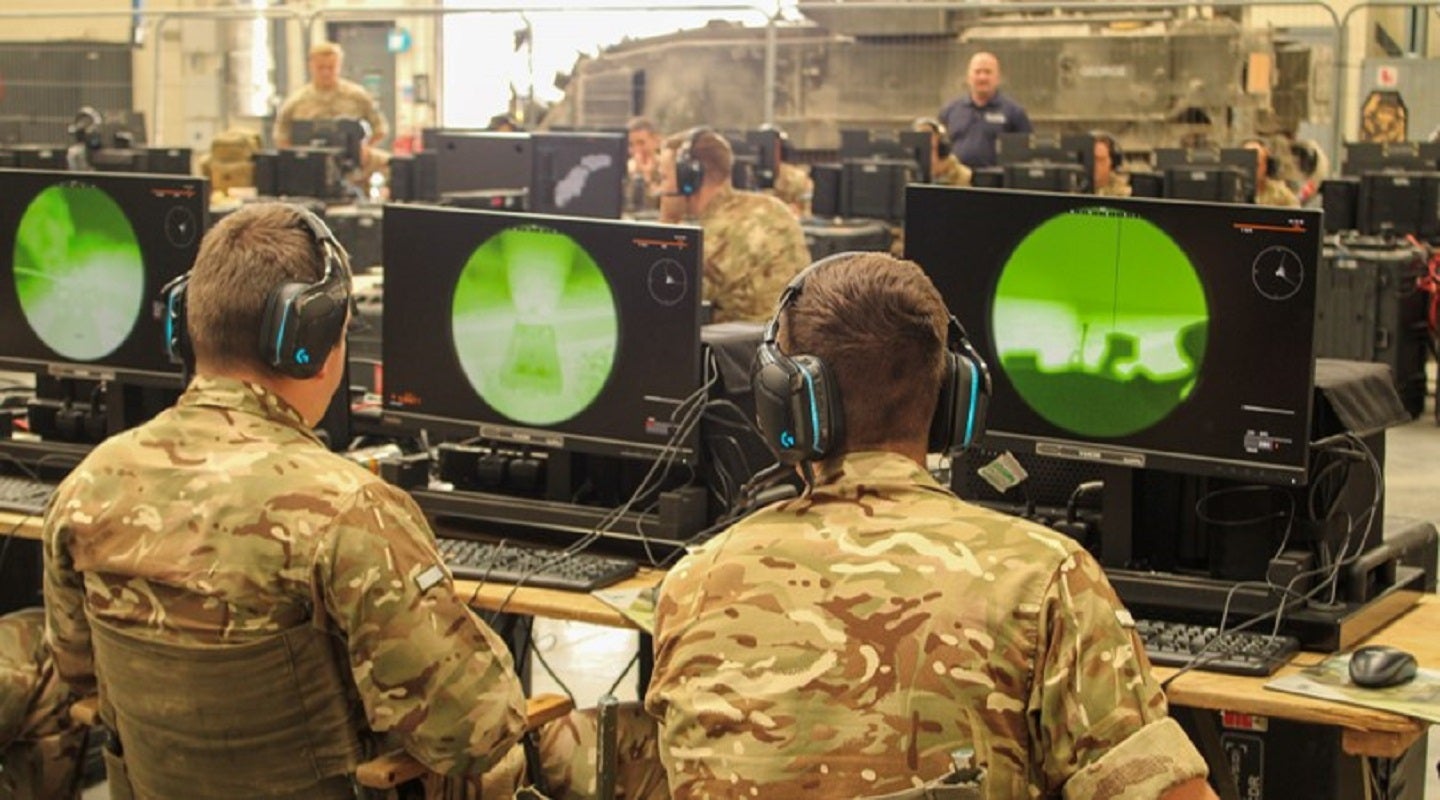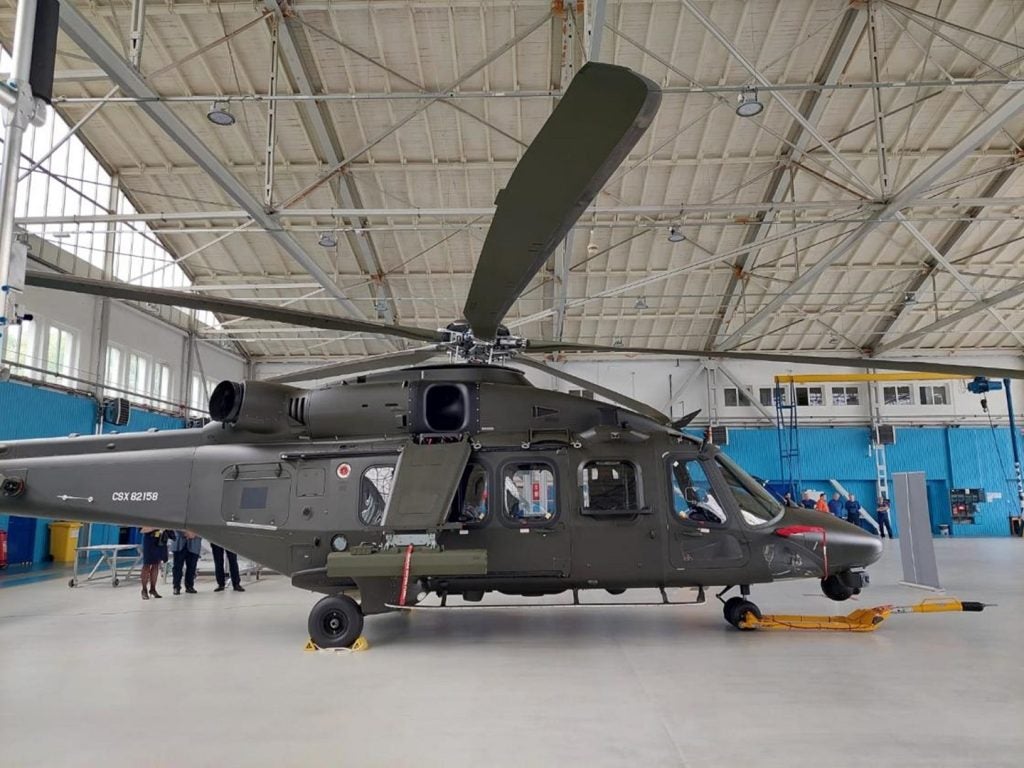
The Royal Corps of Signals soldiers within the British Army recently tested out the Interim Combined Arms Virtual Simulation Deployable (ICAVS-D) on 26 July 2023.
ICAVS-D is a virtual reality (VR) simulation system acquired by the UK Defence Equipment & Support administration. The system soon reached full operational capability in September last year, when the Royal Eletrical and Mechanical Engineers tested the system at Salisbury Plain.
The British Army used ICAVS-D to deliver ‘immersive virtual training’ to reserve and regular soldiers, the ICAVS(D) replaces the Unit-Based Virtual Trainer.
The British Army selected Elbit Systems UK in November last year to deliver the ICAVS-D platform. It is one of the first pathfinder projects for the Army’s Collective Training Transformation Programme.
This computer-based training simulator uses Xbox and PlayStation controllers, VR headsets and steering wheels and pedals to control avatars within a virtual world. Soldiers can test out their driving, manoeuvre and fighting skills without leaving the comfort of camp.
“The ICAVS is an excellent alternative to using our Bulldog armoured fleet, with many of the vehicles located out in Germany. It helps us keep our drivers and commanders up to date with their training,” said Lieutenant Sam Cuthbertson, 207 Armoured Signal Squadron Operations Officer.
This is the first time the Royal Signals have used ICAVS, which also dramatically reduces both the cost and carbon footprint of training compared with a ‘live’ equivalent.
“The staff generate different scenarios to test our skills, from crossing rivers to dealing with enemy forces. The controls are very similar to what most of us are used to with our own gaming consoles, so it was very quick to pick up,” Signaller Pasquini, a 207 Armoured Signal Squadron Bulldog driver, stated.
For all the benefits of VR, it cannot wholly discount the pressure and nuances that live training provides. In autumn this year, 207 Armoured Signal Squadron will deploy to Germany on an armoured exercise that will test the skills they have been rehearsing using ICAVS-D.








